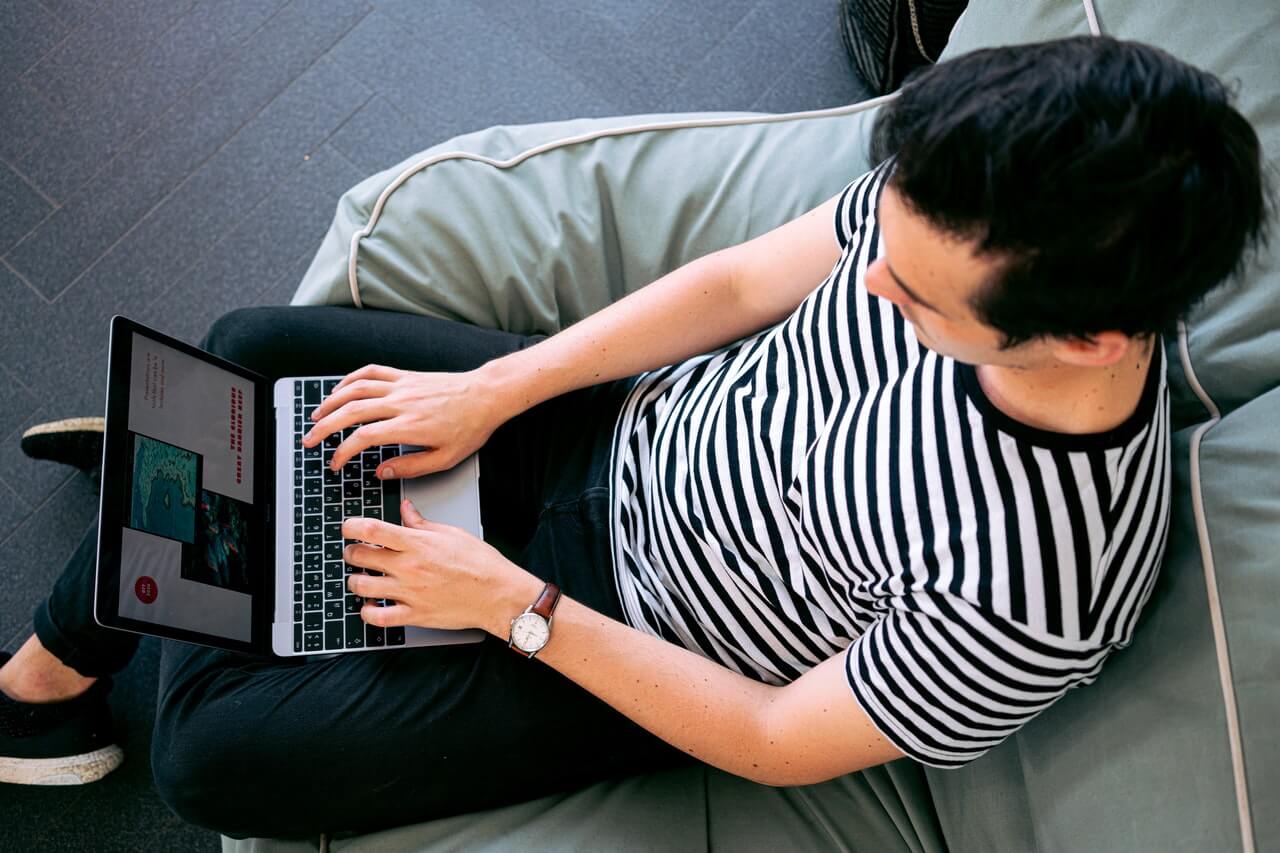

Discover our best tips on how to start and grow a successful small business.














Tide is about doing what you love. That’s why we’re trusted by 575,000+ sole traders, freelancers and limited companies throughout the UK.